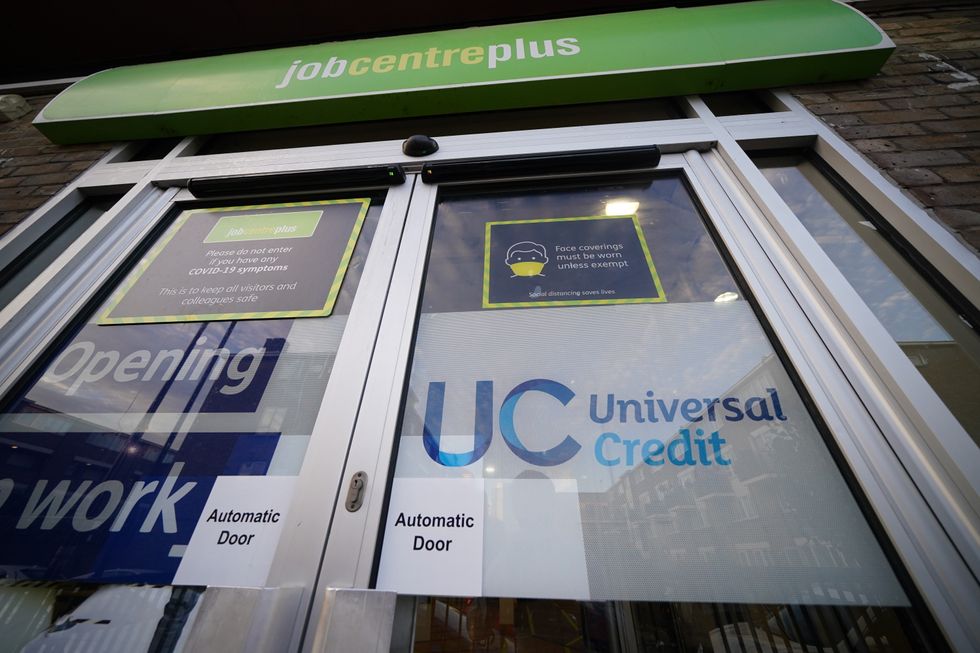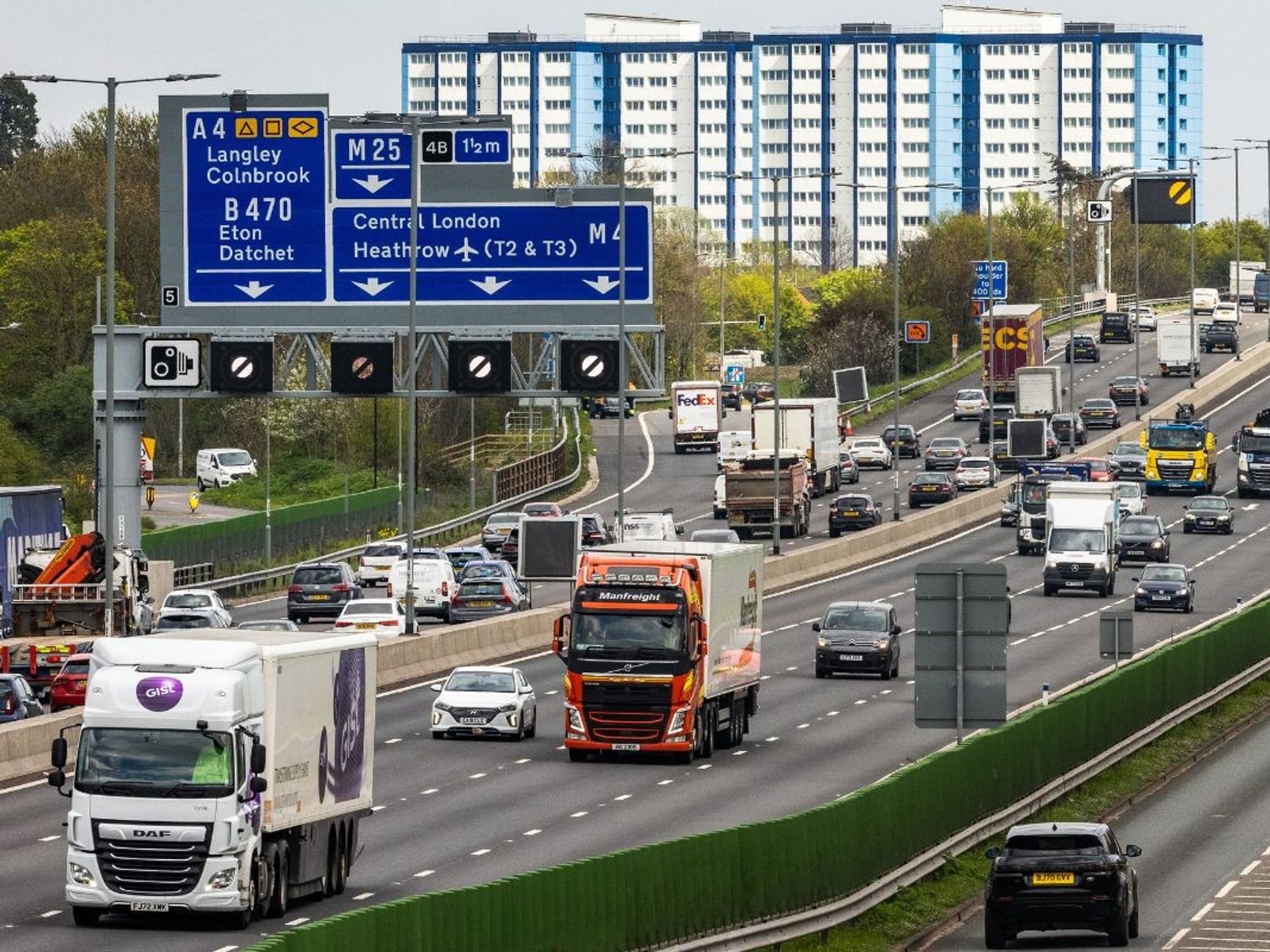Benefit claimants warned 'don’t ignore crucial letter' as DWP payments could be stopped - 280,000 already affected

Martin Lewis has warned certain benefit claimants could lose their benefits if they ignore a "crucial letter
|GETTY/PA

The warning applies to those receiving certain low-income benefits
Don't Miss
Most Read
Latest
Martin Lewis has warned certain benefit claimants could lose their benefits if they ignore a "crucial letter" from the Department for Work and Pensions (DWP).
With the latest figures showing over 280,000 claimants have already been affected, the money-saving expert is urging Britons to act quickly.
This warning comes as the Government continues to transition all two million claimants on legacy benefits to Universal Credit by the end of March 2025. The process is known as managed migration.
In the latest MoneySavingExpert's Money Tips Email, Lewis emphasised the importance of responding to the DWP's 'migration notice' within the specified three-month deadline.
It warned: "On Tax Credits, Housing Benefit, ESA or similar? Don't ignore crucial letter - you could lose your benefits.
"The Department for Work and Pensions (DWP) is sending letters to many people saying you MUST now apply to switch to Universal Credit. DON'T ignore it - tragically, DWP stats show a third have had benefits cut off after not applying."

The transition to Universal Credit from legacy benefits is not automatic
| PAThe Money Saving Expert (MSE) team stressed that the transition to Universal Credit is not automatic. Claimants must actively apply for Universal Credit to continue receiving financial support.
The specific benefits affected by this transition include:
- Child Tax Credit
- Working Tax Credit
- Housing Benefit
- Income Support
- Income-based Jobseeker's Allowance (JSA)
- Income-related Employment and Support Allowance (ESA)
These legacy benefits are gradually being replaced by Universal Credit. The process began in March 2023 and is set to continue throughout 2024.
According to the DWP's latest figures, 284,660 individuals lost their benefits after failing to act on migration notices received between July 2022 and June 2024.
Conversely, 623,310 individuals have successfully claimed Universal Credit, with another 232,830 still in the process of transitioning.
Experts have previously warned that managed migration poses a risk to vulnerable people who face losing money.
Top bosses at charities, including Mind, The Trussell Trust, Turn2Us and the Money and Mental Health Policy Institute, said in 2022 that around 700,000 with mental health problems, learning disabilities, and dementia could struggle to engage with the process.
More than 20 organisations have called on the Government to halt managed migration to fix flaws in the system that could cause those at risk to fall through.
The 'managed migration' process requires claimants to act within three months of receiving their migration notice. Failure to do so could result in existing benefits stopping, but also the loss of eligibility for 'transitional protection' if they need to claim Universal Credit in the future.
The MSE team said: "If you don't make a claim in time, as well as your current benefits stopping, you'll no longer be entitled to the extra 'transitional protection' if you need to claim UC in future."
The 'transitional protection' is a crucial aspect of the migration process. It ensures that claimants who might receive less on Universal Credit than their current benefits are not financially disadvantaged.
It's important to note that this protection is only available to those who follow the DWP's instructions precisely. Failing to do so could result in a permanent loss of this financial safeguard.
The DWP letter provides instructions on how to claim Universal Credit to ensure continued financial support. It's crucial to follow these instructions carefully.
The DWP's aim is to ensure a smooth transition for claimants, but it relies heavily on their prompt action and cooperation.
For those over state pension age, the process differs slightly. If they're claiming Child Tax Credit and both them and their partner (if applicable) are over state pension age, they'll likely be moved to Pension Credit.
This benefit provides a top-up to their income. If they're already receiving Pension Credit, their Tax Credits will stop, and their Pension Credit amount will be adjusted.
However, if they're part of a 'mixed-aged couple' where one person is under state pension age, or if they're currently receiving Working Tax Credit, they may be asked to claim Universal Credit instead.
The migration notice will specify which benefit one needs to claim.










